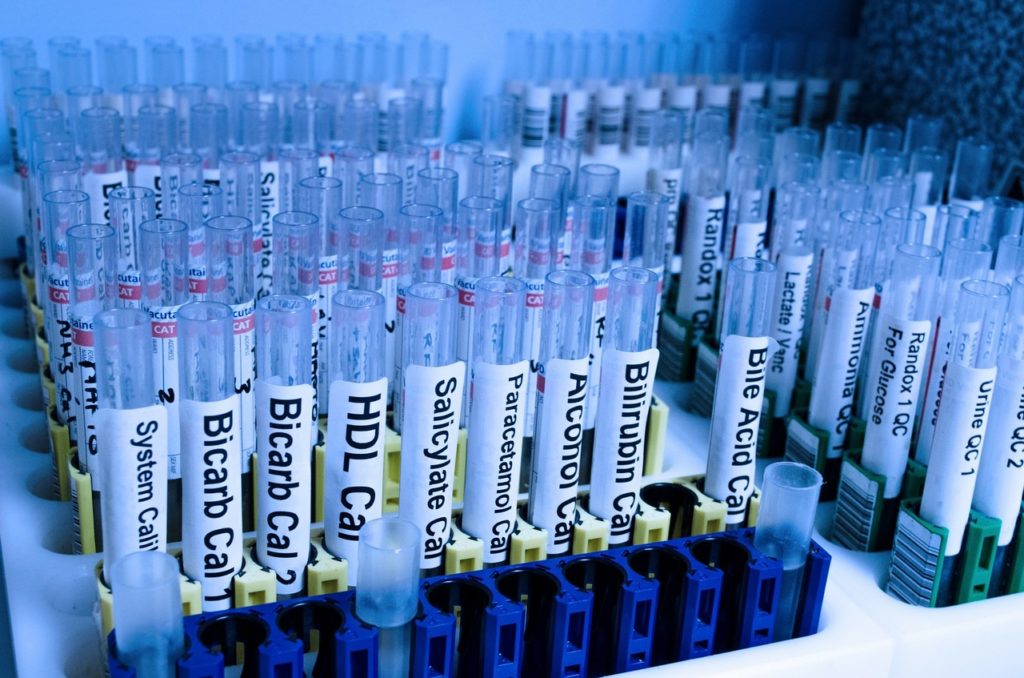Best Insider Tips to Find a Job as a Clinical Research Associate
Three Interviews with Like-Minded Professionals
“Clinical research associates (CRAs) are responsible for planning and coordinating clinical trials. Throughout the trial, they provide technical assistance for experiments, collect results and make sure that scientists remain in compliance with regulatory standards. Once the trial is over, they may also be involved in presenting the results to the public in a useful, understandable way. Jobs for clinical research associates are available in both office and laboratory settings.”[1]
In order to know more about how CRAs find a job, I’ve interviewed three of them. Today’s questions are:
- How did you find your job?
- Have you ever attended networking events? If you have, how did that help you in your job search?
MAIN TAKEAWAYS
– Building a diversified and robust network will greatly help you to find a job as a CRA. Whether it is through attending networking events or working in several companies.
– When you’re looking for a job as CRA, you must leave no stone unturned. An opportunity can come from alumni, following a company on social networks, contacts from a professional organization, job offers, or a recruiter finding you online.
Ian Wannenburg, CRA working at a Clinical Research Organization
1. Through work experience and exposure to different companies to get experience in a variety of therapeutic areas and also through recruitment companies and by replying to job offers.
2. I’m active in following sponsor companies and groups on LinkedIn and Facebook (with their primary interest in Biotechnology), and I’m also a member of the South African Clinical Research Association (similar to SoCRA) in South Africa.
These activities brought me great exposure to what is happening in the industry, and normally, people in the industry are happy to share their experience with you and assist where they can.
An anonymous CRA working at a Healthcare Company
1. I replied to a job offer and got help through my network.
2. Yes. Just a small networking club held at university.
Yes, networking helped me find a job. There is still a gap between academic and a career. During networking events, students or those who are not in the clinical field can truly understand clinical trials and the role of clinical trial assistants (CTA), clinical research associates (CRA) and research assistants (RA). Because we do not have related master of clinical trial/research for people, joining networking events is crucial to know more about how to be a CRA.
An anonymous CRA working at a Pharma Company
1. I found my job through a recruiter.
2. I’ve never attended networking events.
Do you know someone who might find this article interesting? Don’t hesitate to forward it to them! Let me know in the comments your thoughts about this important issue, and let’s learn together!
Did you like this article? Do you want to be notified when new articles come up? Subscribe to MedPharmaTranslator’s newsletter to get advice on easy ways to find a good translator, Medcomm industry and medical translation tips.
[1] https://learn.org/articles/How_Can_I_Become_a_Clinical_Research_Associate_CRA.html
Post reviewed by Johanna Galyen from Glowing Still




